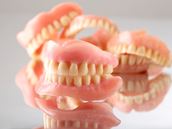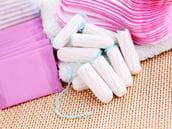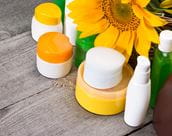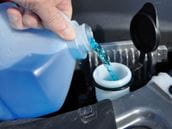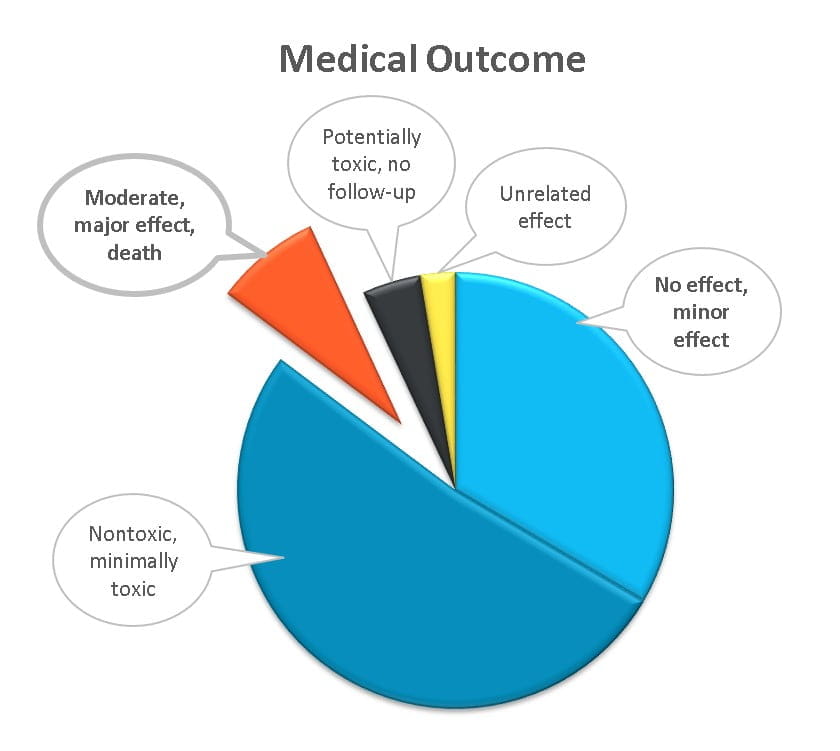
What is Eliquis (apixaban)?
Eliquis (apixaban) is an oral medication that reduces the risk of forming blood clots. The most common side effect is bleeding/bruising. Do not take more than prescribed as it puts you at higher risk for bleeding. Follow up with your healthcare provider regularly if you are prescribed this medication.


